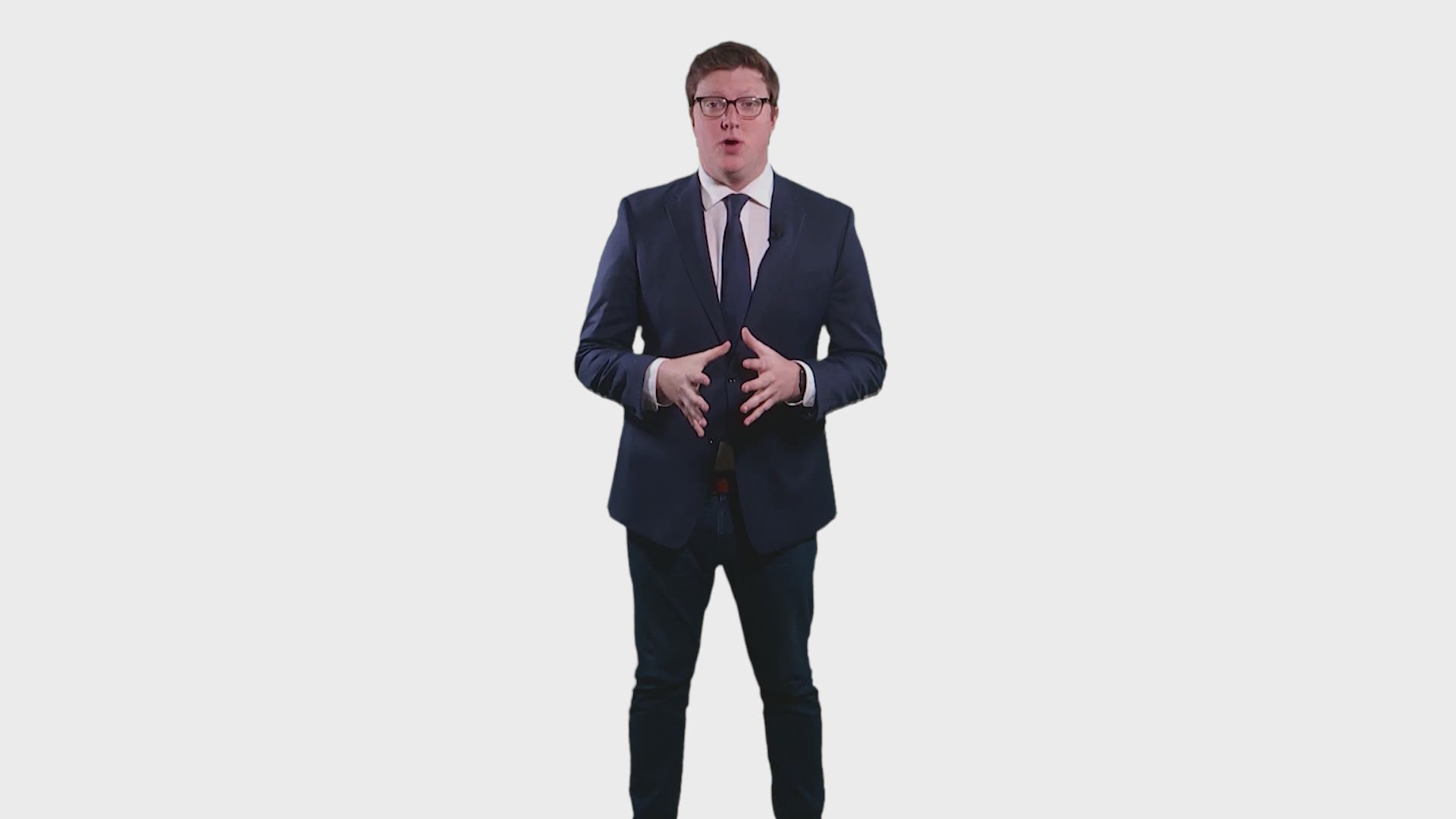The Centers for Disease Control and Prevention issued new guidance Monday, mostly regarding COVID-19 vaccinated people. That has people wondering: what’s changed? What is considered safe to do now?
THE QUESTION
What do the updated CDC guidelines say? Am I free to stop wearing a mask once I’m vaccinated?
WHY WE ARE VERIFYING
There are a lot of questions on exactly what the CDC recommends vaccinated people to do since the guidelines are so freshly updated.
THE ANSWER
The CDC says fully vaccinated people should still wear masks and social distance while in public places. However, the CDC says two weeks after a full vaccination, people can visit other fully vaccinated people without masks and can visit unvaccinated people from one other household as long as no one in that household is at serious risk of COVID-19.
There are still several questions health experts don’t have answers to yet regarding transmissibility and immunity within fully vaccinated people, hence the CDC’s caution.
WHAT WE FOUND
The CDC updated its “When you’re fully vaccinated” page on March 8, making the guidelines brand new. That page breaks down its guidelines into two categories: what’s changed and what hasn’t changed.
There are three main changes to the CDC guidelines for fully vaccinated people. Those are people who received their second dose of the Pfizer or Moderna vaccines at least two weeks prior and are people who received their single dose of Johnson & Johnson’s Janssen vaccine at least two weeks prior.
The first of those changes is that fully vaccinated people “can gather indoors with fully vaccinated people without wearing a mask.”
You can also “gather indoors with unvaccinated people from one other household (for example, visiting with relatives who all live together) without masks, unless any of those people or anyone they live with has an increased risk for severe illness from COVID-19” if you’ve been fully vaccinated.
Finally, if a fully vaccinated person has been around someone who has COVID-19, they “do not need to stay away from others or get tested unless [they] have symptoms.”
However, the CDC has maintained that fully vaccinated people should still wear masks and social distance in public settings or settings where they’re around people from more than one household. Fully vaccinated people should still avoid medium or large-sized gatherings and should continue to delay domestic and international travel if possible. Those guidelines haven’t changed.
This is because of the third major section of the CDC’s page: what the CDC knows and what it’s still learning.
While the CDC knows the vaccines are effective in preventing COVID-19 disease, especially severe illness and death, the CDC doesn’t know just how effective the vaccines are against the emerging variants of the virus that causes COVID-19. The CDC says early data indicates that the vaccines are more effective against some variants than others.
The CDC is also still learning just how well the vaccines keep people from spreading the disease and for how long the vaccines protect people for. While the early data is promising for potentially showcasing the vaccines reduce a person’s ability to spread the virus, there isn’t much data to go on for estimating the length of protection.
Because of that, the CDC is remaining conservative on its guidelines and is looking to reduce the potential risk of loosening them up prematurely. The CDC’s guidelines will continue to be updated as more data is gathered.
And just a reminder: the CDC does not consider a person “fully vaccinated” until it’s been at least two weeks after their final COVID-19 vaccine shot, regardless if it’s a two-dose series or a single-dose vaccine.
Something you’d like VERIFIED? Click here to submit your story.

